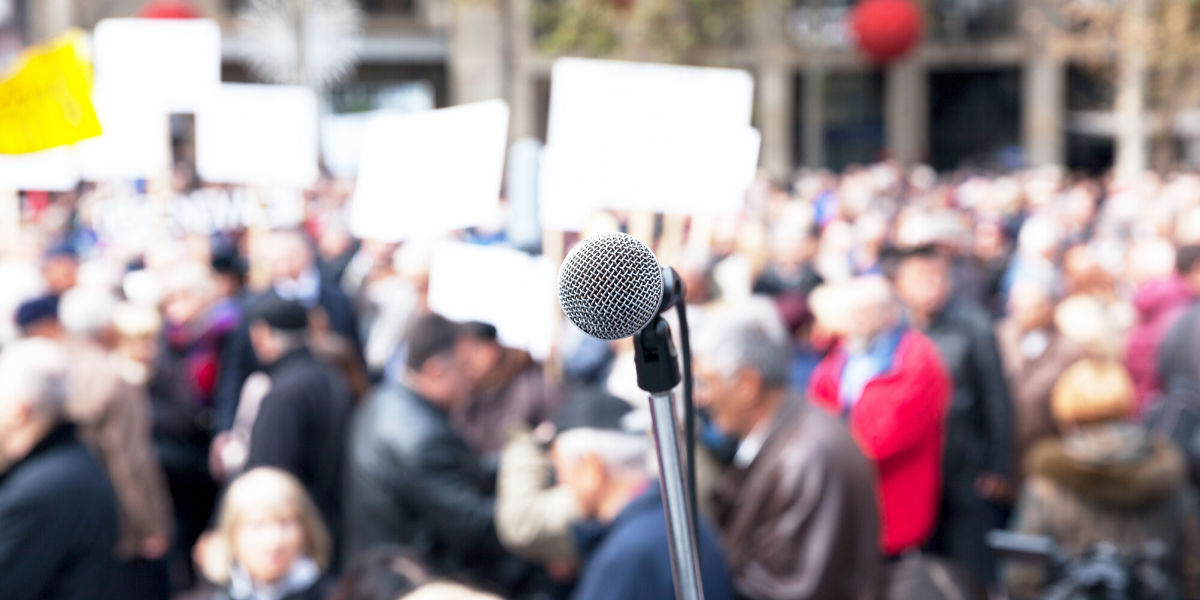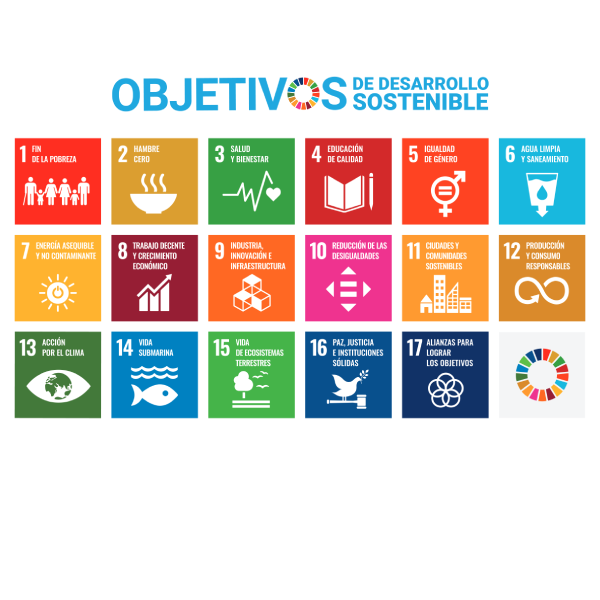75 Years After the Creation of the UN: Resignifying multilateralism
Together with UN Arg
Our Members: Fundación Vida Silvestre Argentina presents #NosQuedamosEnCasa
Vida Silvestre launc
Ya está disponible el Informe sobre el Estado de la Sociedad Civil 2020
Este año, CIVICUS p








